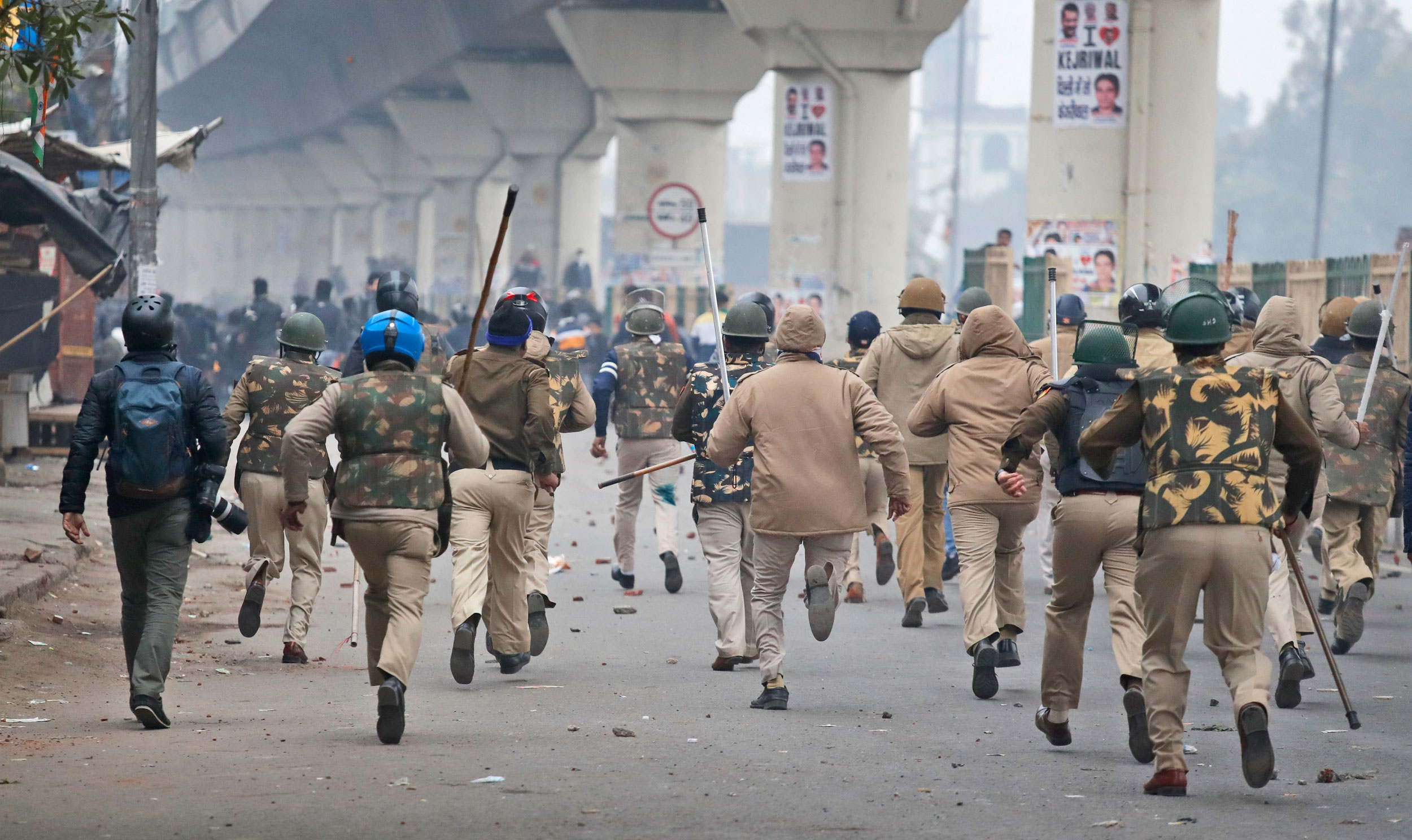Table of Contents:
I. Introduction
II. What is Police Brutality?
III. Statistics on Police Brutality
IV. Examples of Police Brutality
V. Causes of Police Brutality
VI. Impact of Police Brutality on Society
VII. Reforms to Address Police Brutality
VIII. Conclusion
I. Introduction
Police brutality is a serious issue that affects many communities across the world. This problem has gained significant attention in recent years, particularly in the wake of several high-profile cases of police brutality. The purpose of this article is to provide an in-depth examination of police brutality, including its definition, prevalence, and impact on society. Additionally, this article will explore some of the causes of police brutality and the reforms that have been proposed to address this issue.
II. What is Police Brutality?
Police brutality is a form of misconduct in which law enforcement officers use excessive force when interacting with citizens. This excessive force can take many forms, including physical violence, verbal abuse, and the use of weapons. This behavior is a violation of the law, and it is often carried out with little or no regard for the rights and safety of the individuals who are being targeted.
III. Statistics on Police Brutality
Police brutality is a problem that affects many communities across the world. According to a report by Mapping Police Violence, in 2020, police in the United States killed 1,127 people. Of these deaths, 28% were Black, despite Black people making up only 13% of the US population. Additionally, a study conducted by The Guardian found that Black Americans are twice as likely to be killed by police as white Americans.
IV. Examples of Police Brutality
There have been many high-profile cases of police brutality in recent years, some of which have sparked protests and calls for reform. One such case is the killing of George Floyd in Minneapolis, Minnesota, in May 2020. Floyd was a Black man who died after a police officer knelt on his neck for nearly nine minutes. Another example is the killing of Breonna Taylor in Louisville, Kentucky, in March 2020. Taylor was a Black woman who was shot and killed by police officers during a raid on her home.
V. Causes of Police Brutality
There are many factors that contribute to police brutality, including systemic racism, lack of accountability, and inadequate training. Police officers are often given a great deal of discretion when it comes to using force, and this can lead to abuse of power. Additionally, the militarization of police departments, in which law enforcement agencies receive surplus military equipment, has been linked to an increase in police violence.
VI. Impact of Police Brutality on Society
Police brutality has a profound impact on the individuals who are targeted, as well as on society as a whole. Victims of police brutality may experience physical injuries, emotional trauma, and financial hardship as a result of their encounters with law enforcement. Additionally, police brutality can erode trust between law enforcement agencies and the communities they serve, leading to increased tension and conflict.
VII. Reforms to Address Police Brutality
There have been many proposals for reforms to address police brutality, including increased accountability, de-escalation training, and the implementation of community policing. Some advocates have also called for the defunding of police departments and the reallocation of resources to social programs that address the root causes of crime.
VIII. Conclusion
Police brutality is a serious issue that affects many communities across the world. This problem has gained significant attention in recent years, and there have been many calls for reform. By addressing the root causes of police brutality and implementing reforms to hold law enforcement agencies accountable, we can work towards a safer and more just society for all. It is important to recognize that police brutality is not a problem that can be solved overnight, and it will require sustained effort from both law enforcement agencies and the communities they serve.
In conclusion, police brutality is a complex issue that requires a multifaceted approach to address. By acknowledging its prevalence and impact on society, we can begin to work towards meaningful reform that prioritizes accountability, transparency, and the safety of all individuals. As a society, we must continue to demand justice for victims of police brutality, and push for policies and practices that ensure that law enforcement officers are held to the highest standards of professionalism and integrity.


Comments
Post a Comment